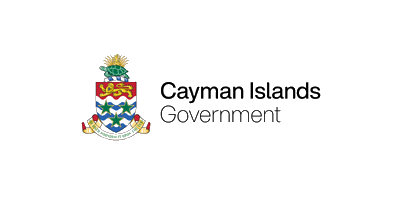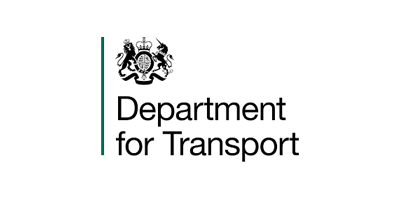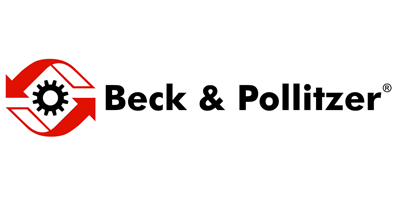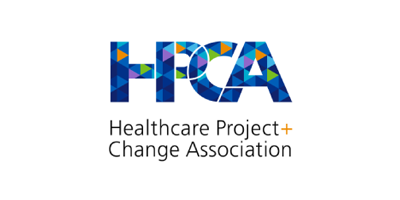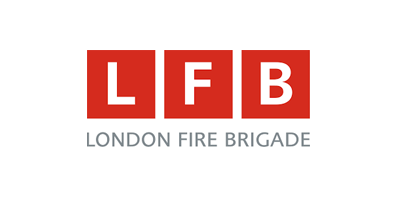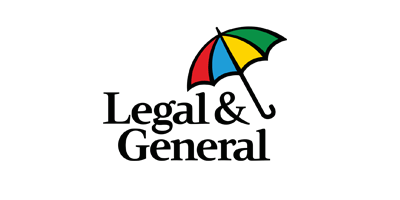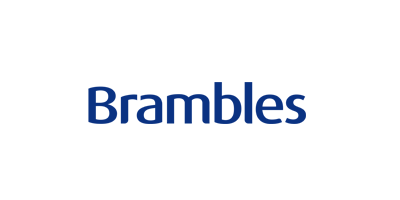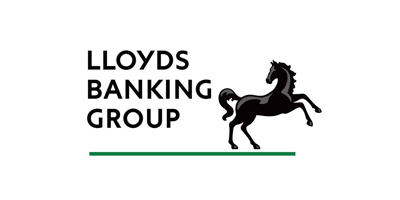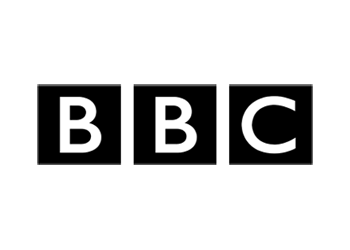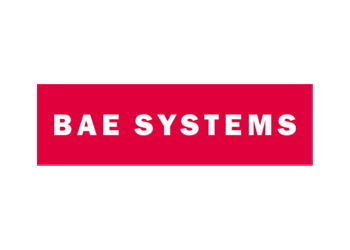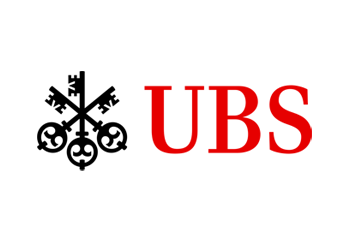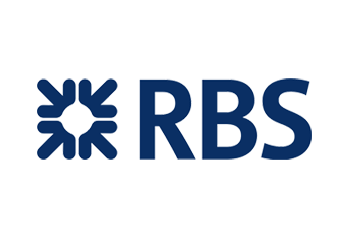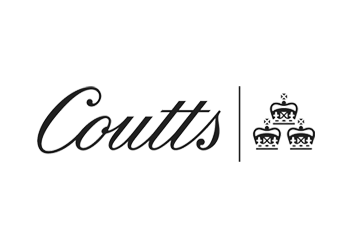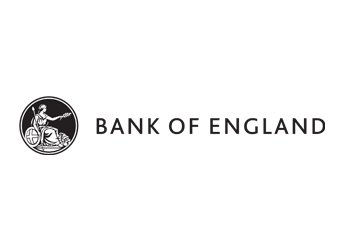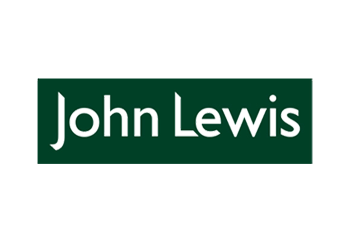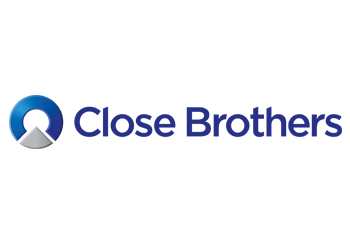We were delighted to be joined on the panel by Amy Jackson (Close Brothers), Jo Stanford (HPCA), Graham Jennings (Ofgem), Ian Cribbes (Programme Manager).
Amongst topics of interest, surfaced during the discussions were:
The concept of the evolution of professions from increasingly formalised communities of practice. Whilst there is some attraction to the concept in terms of successful communities might well grow both physically as well as in terms of their areas of interest (including secular, rather than exclusively, practice related). However, the implication of such an approach, if it were to exist, of usurping the authority of the governance structure of the organisation would suggest it as unlikely as well as potentially unwelcome by the ‘host’ organisation.
One panel expert suggested that the need for infrastructure and support for a profession should not be underestimated; it had proved rather more prodigal than had been expected.
Another suggested that with respect to a community of practice construct the level of infrastructure and support were best aimed at facilitating and administering the community but that they (the community) should be posed with the question of their agenda. This latter comment resonates closely with the literature on the subject and was also mirrored by Andy McAlister’s (our Close Brothers’ host) assertion that the community of practice construct.
“depended on facilitation and the provision of space to grow and not on top-down imposition”
How can you quantify the proof of value of a community of practice? Everyone was unanimous in supporting the concept that communities of practice must provide value. However, the extent to which this is in the interest of the organisation, or the community did prove quite divisive. The organisation is not able to mandate the value the community seeks (this is probably one of the seminal distinctions between a profession and a community).






